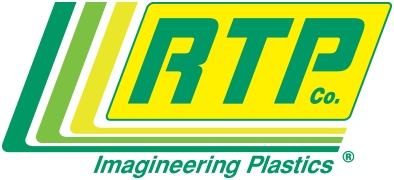Overview
Polybutylene Terephthalate (PBT) is a crystalline, high molecular weight polymer that has an excellent balance of properties and processing characteristics. Because the material crystallizes rapidly, mold cycles are short and molding temperatures can be lower than for many engineering plastics.
This thermoplastic polyester has very good dimensional stability. It also exhibits high heat resistance, chemical resistance and good electricals. In general, PBT materials exhibit higher tensile, flexural and dielectric strengths and faster, more economical molding characteristics than many thermosets.
In some areas, PBT is replacing other crystalline thermoplastics such as polypropylene, nylon and acetal because of the need for improved performance.
PBT can compete with many amorphous engineering materials such as polysulfone and polycarbonate.
PBT’s have excellent resistance to a broad range of chemicals at room temperature, including aliphatic hydrocarbons, gasoline, carbon tetrachloride, perchloroethylene, oils, fats, alcohols, glycols, esters, ethers and dilute acids and bases. They are attacked by strong bases.
Compared to non-reinforced resin, glass-reinforced PBT exhibits a two-to threefold increase in tensile, flexural and compressive strengths and moduli. The reinforced resins exhibit good resistance to oxidation in hot air, comparable to that of nylon 6 or nylon 6/6. Water absorption values are relatively low.




